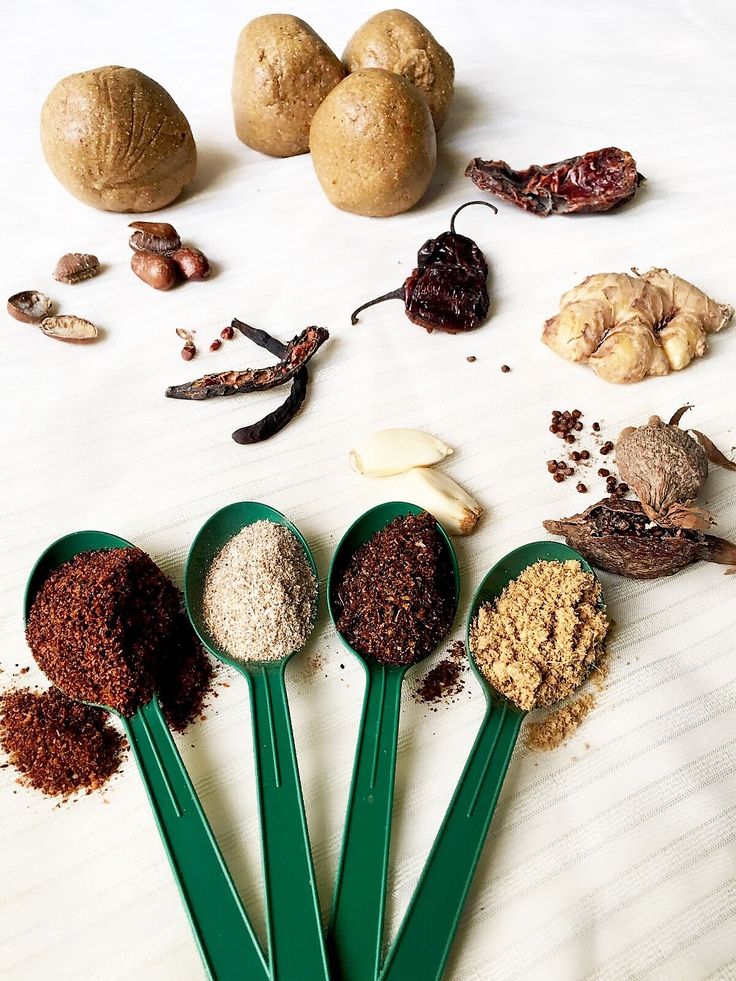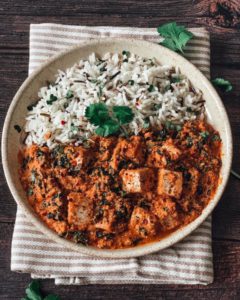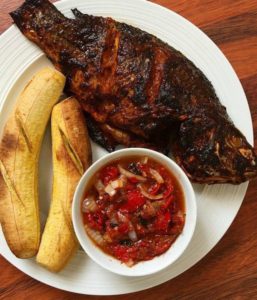Nigerian Kitchen Essential Ingredients and Flavor Foundations

Nigerian cuisine is characterized by its reliance on fresh, local produce and a specific palette of spices and flavor enhancers that give it its unique character. A well-stocked Nigerian kitchen, whether in Lagos or London, will always contain these core components.
Staple Carbohydrates
Yam: A foundational tuber, eaten boiled, roasted, fried (dundu), or pounded (iyan). Nigeria is the world’s largest producer.
Cassava: Highly versatile, processed into garri (fermented granules for eba), fufu, or abacha.
Rice: A universal staple, used for Jollof Rice, Fried Rice, White Rice and Stew, and Tuwo Shinkafa.
Plantain: Eaten ripe (fried dodo) or unripe (boiled, roasted, or pounded), a sweet and starchy accompaniment.
Beans (Black-Eyed Peas, Brown Beans): A crucial protein source, used for Akara, Moi Moi, and various porridges or stews.
Essential Oils:
Palm Oil: A cornerstone of Nigerian cooking, especially in the South. It imparts a distinct flavor, vibrant reddish-orange color, and richness to many soups and stews (e.g., Egusi, Ogbono, Bitter Leaf soup).
Vegetable Oil: Used for frying and lighter dishes.
Core Aromatics and Peppers:
Onions: The base of almost every Nigerian stew and soup.
Garlic and Ginger: Widely used for their pungent aromas and flavors, often pounded or blended into pastes.
Tomatoes: Fresh tomatoes form the base of most Nigerian stews and Jollof Rice.
Bell Peppers (Tatashe): Red bell peppers are crucial for the color and bulk of the stew base.
Scotch Bonnets (Ata Rodo): The primary source of heat in Nigerian cooking, used generously for that characteristic fiery kick.
Unique Spices and Condiments (The Umami Boosters):
Crayfish: Dried and ground crayfish are perhaps the most essential umami enhancer, used in almost all soups and stews for a deep, savory, seafood flavor.
Iru/Dawadawa (Fermented Locust Beans): Characterized by a pungent aroma and powerful umami, used as a traditional seasoning, particularly in the South-West.
Ogiri (Fermented Castor Seeds/Melon Seeds): Similar to iru, a potent fermented condiment used for its unique aroma and flavor, especially in the South-East.
Uziza (Piper guineense): Both the leaves (peppery) and seeds (spicy, aromatic) are used in soups like Pepper Soup and Ofe Nsala.
Ehuru (African Nutmeg): Highly aromatic with earthy, musky notes, used in Egusi Soup and Pepper Soup.
Curry Powder and Thyme: Widely adopted spices that are now integral to Jollof Rice, Fried Rice, and many stews.
Bay Leaves: Often used in rice dishes and stews for an added layer of aroma.
Fresh Leafy Greens:
Pumpkin Leaves (Ugu): Highly nutritious, used in Egusi soup and Efo Riro.
Bitter Leaf (Onugbu): Known for its distinct bitter taste (after washing), used in Bitter Leaf Soup and Egusi soup.
Waterleaf: Used in Afang Soup and Edikang Ikong.
Spinach (EfoTete): A common substitute for local leafy greens in many stews.
“The Nigerian Kitchen” is a testament to the country’s rich agricultural bounty and sophisticated culinary traditions. These essential ingredients, combined with traditional cooking methods, create a cuisine that is deeply flavorful, incredibly diverse, healthy and truly reflective of Nigeria’s vibrant cultural heritage.










